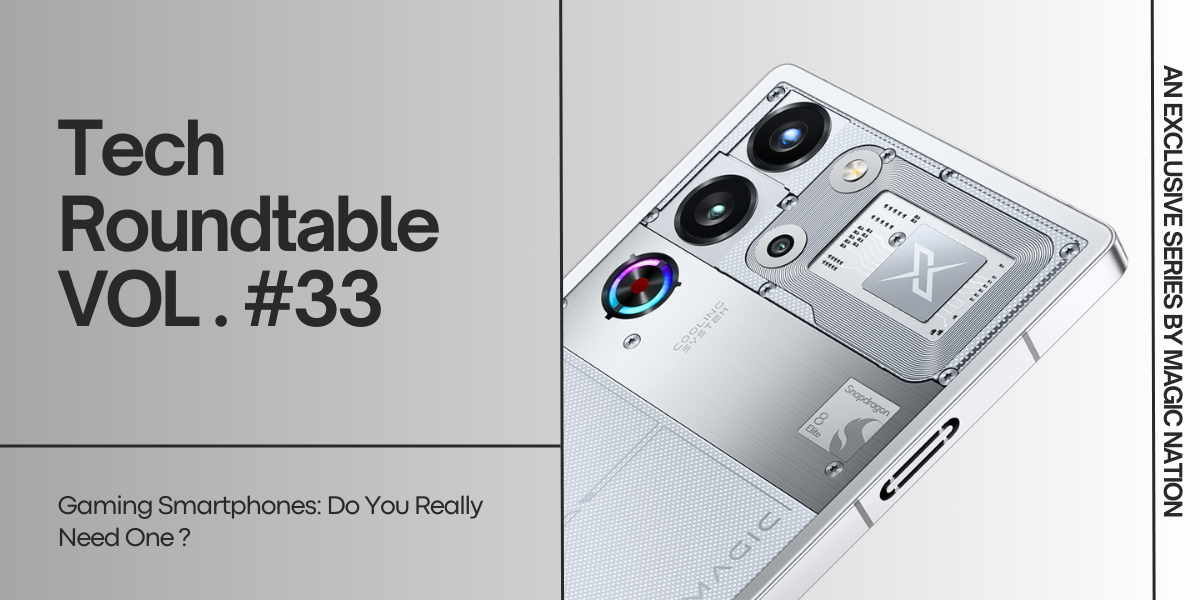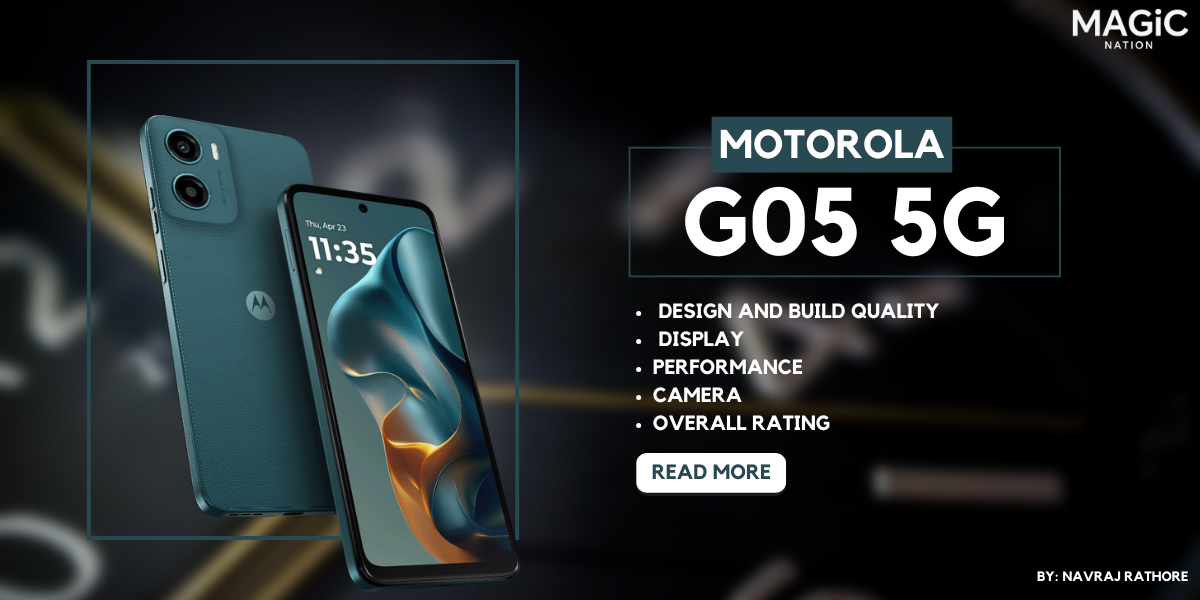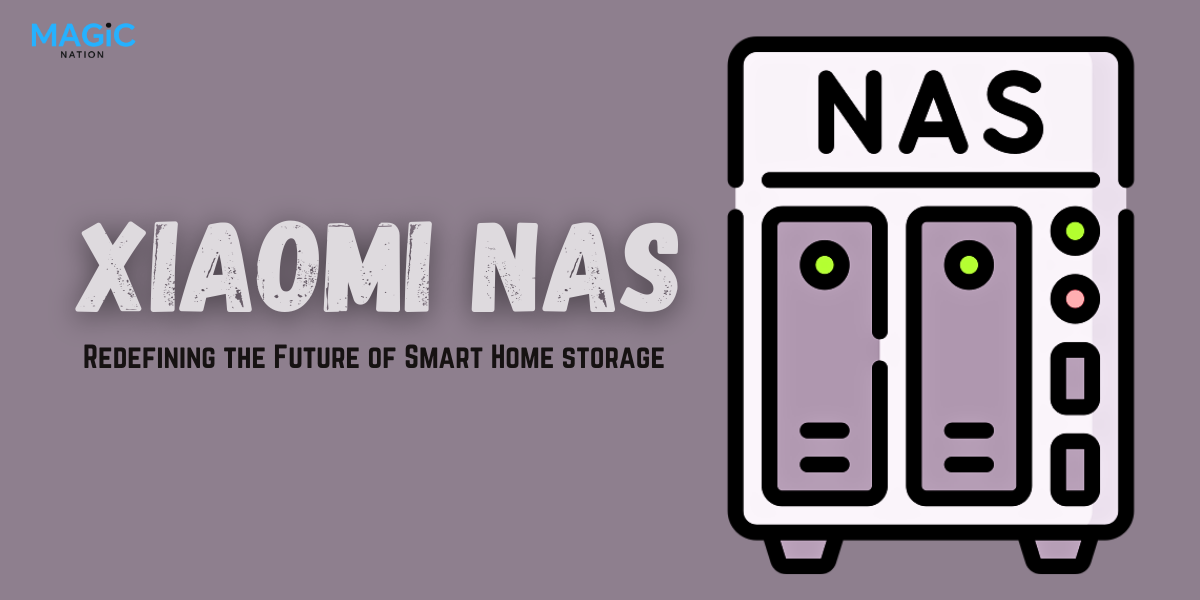
Come on Explorers! Get ready for the Future!
Just Imagine This: You walk into a room, and sitting on the table is a pair of glasses that could replace your smartphone. Not just a regular pair of glasses, but a futuristic device capable of transforming the way we interact with the world. Sounds like something out of a sci-fi movie, right? Well, welcome to the world of Meta’s Orion AR glasses, where that vision may soon become reality.
Meta’s latest creation, Orion, isn’t just another attempt at augmented reality (AR); it’s a multibillion-dollar leap into what CEO Mark Zuckerberg believes is the next big platform after smartphones. At first glance, they look like a regular pair of black glasses, but once you put them on, their advanced technology takes over—layering digital information over the real world.
Orion: The Future of Face Computers



So, what sets Orion apart from previous attempts at AR glasses? For starters, the display. Meta has custom-built the Orion glasses with Micro LED projectors and waveguides that bring vivid, detailed graphics right before your eyes. Unlike many AR devices that suffer from small fields of view or bulky designs, Orion offers an immersive 70-degree field of view with lenses made of silicon carbide, a material that’s light, durable, and capable of filling more of your vision with digital overlays.
One exciting demo included using Meta AI in Orion to identify ingredients laid out on a table and create a smoothie recipe. In mere seconds, the glasses labeled the ingredients and generated step-by-step instructions. Another demo allowed two users to play a 3D version of Pong, pairing their glasses through a QR code and using hand tracking to control paddles, all with little to no lag.
Meta’s Vision: The Holy Grail of AR

For years, Zuckerberg has championed AR glasses as the "holy grail" device that will one day replace smartphones. His vision for Orion includes two primary uses: enhancing communication by overlaying digital information on the physical world and interacting with artificial intelligence in a way that feels more natural than current devices allow.
What’s intriguing is that while the "holograms" Zuckerberg envisioned aren’t fully feasible yet, AI has advanced rapidly. Orion builds upon the generative AI capabilities found in Meta’s Ray-Ban smart glasses, taking it to the next level with visual elements that transform everyday experiences into something more interactive and dynamic.
Despite the incredible progress, Orion is still more of an impressive demo than a consumer-ready product. The current cost to manufacture the glasses—around $10,000 per unit—is prohibitive, and Meta is continuing to refine the technology. The hope is that future generations of Orion will be more affordable, with a smaller, sleeker design and enhanced features like higher resolution and brightness.Where Orion Stands Today
The Challenges of a New Platform


Despite its promise, Orion isn’t without limitations. The glasses depend on a combination of a "neural wristband" for control, a wireless compute puck, and hand and eye-tracking technology to function. While Meta has made significant strides in the display, resolution, and comfort of the device, many elements—such as avatar-based video calls and real-world anchoring of virtual objects—are still in development.
The hardware, while groundbreaking, is also constrained by the glasses’ dependence on the compute puck. Move more than 12 feet away from the puck, and the glasses become unusable. Battery life is another concern, with only two hours of use on a full charge. However, Meta remains optimistic about improving these limitations as the technology evolves.
It’s important to remember that Orion isn’t a finished product—it’s a work in progress. Meta’s approach to AR development is gradual, aiming for smaller, more practical innovations first, like the upcoming Hypernova glasses, which will have a smaller heads-up display paired with the neural wristband.The Long Road Ahead
As for Orion itself, the next consumer version is still a few years away, but Meta’s vision for the future is clear. The second generation of Orion glasses is expected to be slimmer, brighter, and higher-resolution, offering a device comparable in cost to today’s phones and laptops. It’s an ambitious goal, but one that Meta is determined to achieve.

Now, we’ve seen Meta’s progress with Ray-Ban Meta Smart Glasses—an early attempt at blending everyday eyewear with AI. But how do they stack up against the groundbreaking Orion AR glasses? In short, Ray-Ban Smart Glasses are a lighter, simpler introduction to AI-powered smart glasses, offering basic interactions without a full display. On the other hand, Orion takes things much further with full AR functionality, a larger field of view, and more immersive experiences.A Glimpse into the Future: Comparing Meta Ray-Ban Smart Glasses and Meta Orion AR Glasses
Stay tuned, as in our next thread, we’ll dive deep into a comprehensive comparison between Ray-Ban Meta Smart Glasses and Meta Orion AR glasses, covering the technological advancements and potential use cases of both.















